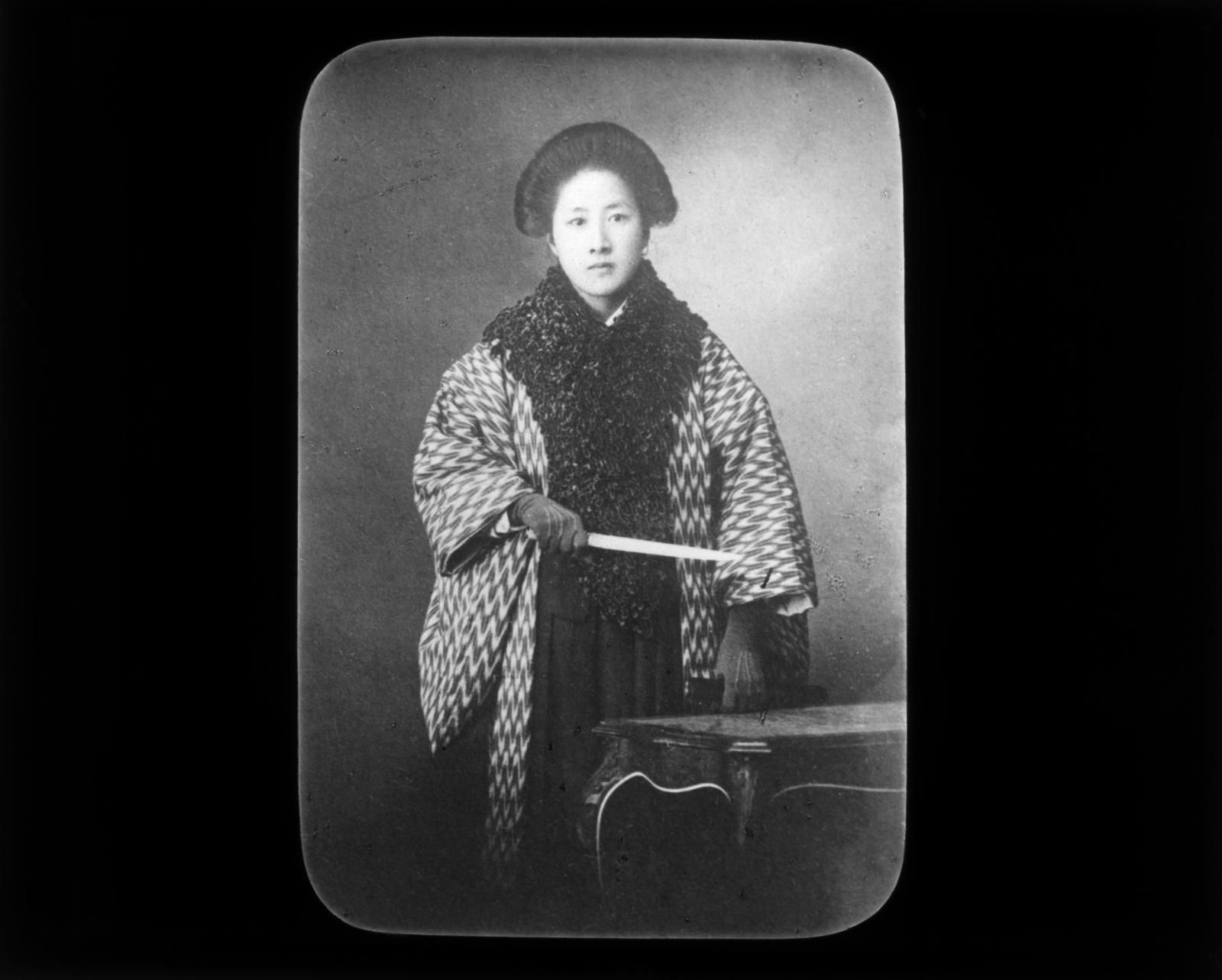
Translator and writer Yilin Wang has retained lawyers and has threatened to sue the British Museum in London for copyright and moral rights infringement after the institution did not credit her translations of two poems by the early-20th-century feminist revolutionary and poet Qiu Jin, which it included without permission in the exhibition “China’s Hidden Century.”
When confronted by Wang on social media, the museum removed both the English and Chinese texts from the show, rather than crediting and compensating the Vancouver-based translator.
The British Museum “fully accepts it made a mistake, has apologized to Ms Wang and sought to make amends financially,” the institution said in a statement provided to the Art Newspaper, adding that it had since offered Wang £600 ($780) in compensation, benchmarked to what it described as “industry rates.”
The museum has not, however, reinstated the poems with credit to the translation. Last month, Wang launched a fundraising campaign on Crowd Justice, which has raised £18,000 ($23,400) to date, in the hope of escalating the battle to the U.K. courts.
Should the museum not capitulate to the demand to reinstate Wang’s work “for the rest of the exhibition’s run, along with an appropriate credit and a modest payment for that,” Wang intends to sue for copyright and moral rights infringement. Through the money she’s raised, Wang has hired Jon Sharples of the London firm Howard Kennedy LLP, but has not yet filed suit.
“The translations came down at Ms Wang’s explicit request… there had been no engagement with the museum’s efforts to obtain their consent,” the museum told the Art Newspaper, a position it repeated to Artnet News, with a press representative writing in an email that “we have followed Yilin Wang’s wishes.”
Wang has disputed the museum’s claim on the crowdfunding page, arguing that “the British Museum has deliberately misrepresented what has happened by telling journalists that I demanded that my work be removed from the exhibit, when it is clear that my request was for them to be removed unless I was promptly remunerated and credited for their use.”
According to Wang, the museum initially sent her a permission form noting that other translators had provided their words “free or at a low cost.” Less than 24 hours later, before she had a chance to respond—the two parties are at an eight-hour time zone difference—the museum emailed her to note that it had removed the translations. She alleged that compensation was only mentioned in the museum’s fifth email, initially at £150 before being raised to £600.
“[The museum says] that for unspecified practical reasons they are not able to make any further changes to a live exhibition, despite the fact that they were able to make extensive changes overnight to remove Qiu Jin’s poetry, and my translations, from the exhibit and all the different kinds of supporting material,” Wang wrote. “I do not accept, especially in the absence of any further explanation, that reinstating this material with proper credit is any more onerous than removing it was.”
“The current position is the worst possible outcome—the public are now not only being denied the chance to see my translations, and to know who wrote them, but also the chance to read Qiu Jin’s words too,” she added. “The result is that two female writers of color have both had their work erased. We are not disposable.”
Should the case proceed to court, Wang has said she would donate 50 percent of any financial damages earned to start a mentorship program supporting people of color translating Chinese poetry.
“My experience of working with artists, writers, and other creatives is that the worst and most dangerous thing anyone can do to them is leave them feeling unheard, dismissed, and disrespected, and that is exactly what the British Museum have done here,” Wang’s lawyer, Sharples, said in a statement.
Wang is hopeful not only for a positive outcome in her case, but that the dispute will help raise awareness about Qiu’s remarkable biography. Sometimes called the Chinese Joan of Arc, Qiu fought for women’s rights and ran a school for would-be revolutionaries fighting against the Qing dynasty. The authorities beheaded her in 1907, when Qui was just 31.
“The British Museum should absolutely fix things,” Wang wrote on Twitter, “but I think there is also an opportunity here for another museum to do an exhibit on Qiu Jin and to do it properly.”
“China’s Hidden Century” is on view at the British Museum, the Sainsbury Exhibitions Gallery, Great Russell Street, London WC1B 3DG, U.K., May 18–October 8, 2023.